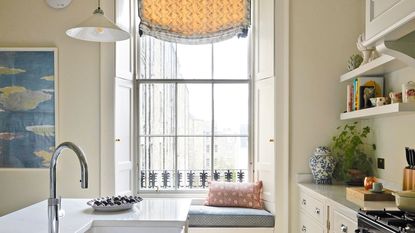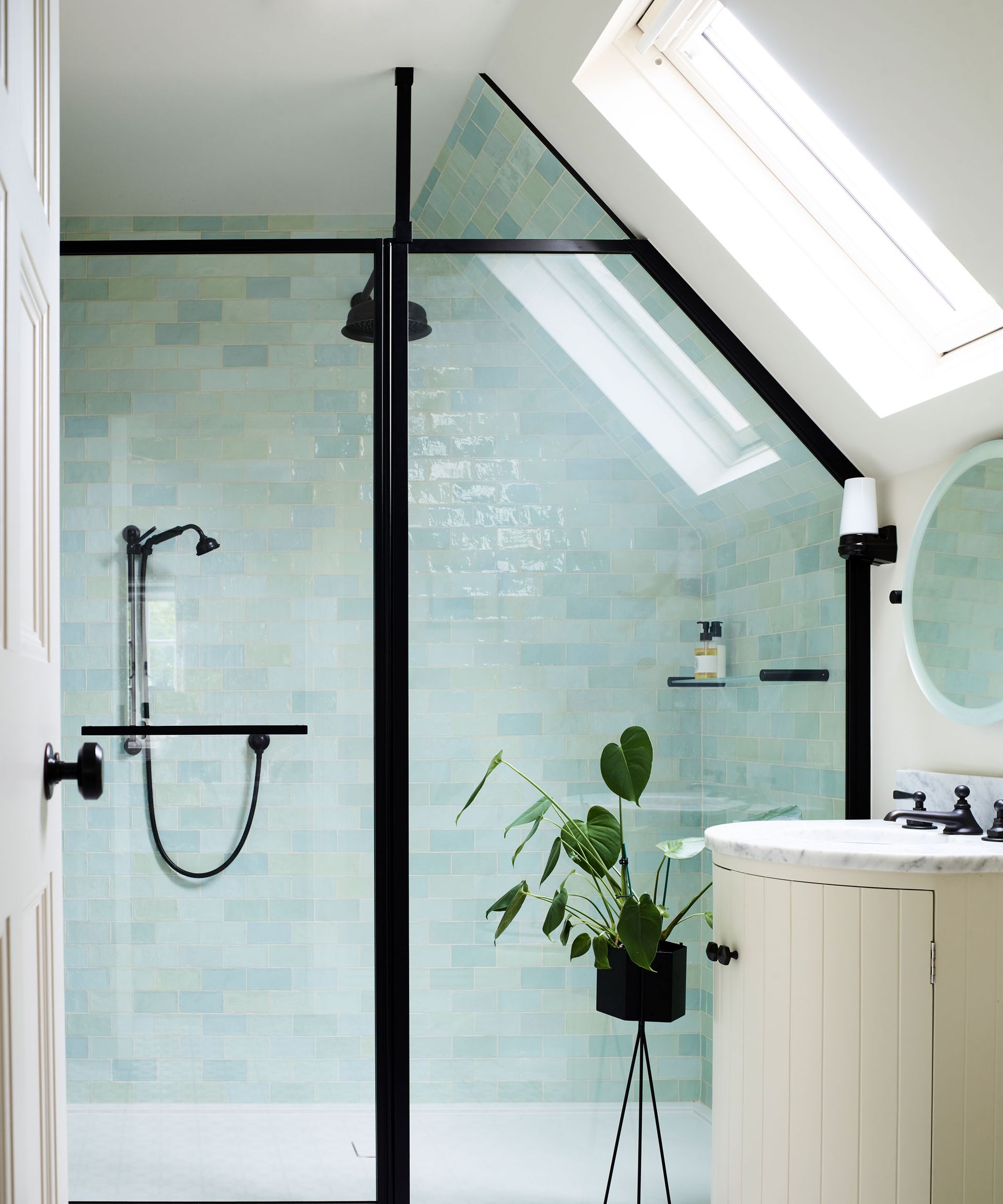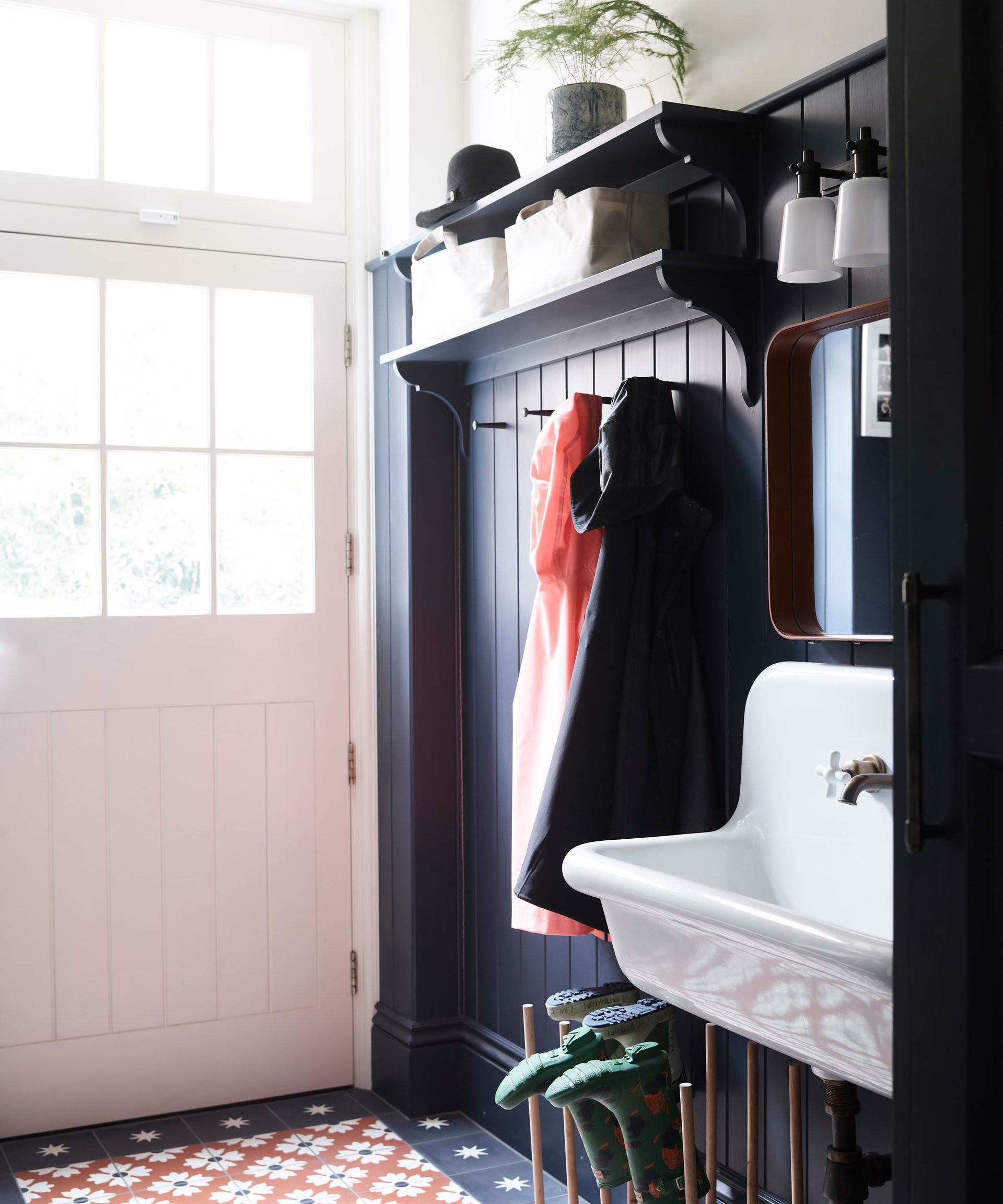What humidity should my house be in winter?
The right humidity levels make your home healthier and more comfortable while keeping mold at bay
- (opens in new tab)
- (opens in new tab)
- (opens in new tab)
- Sign up to our newsletter Newsletter


Freezing conditions have been sweeping the US with many experiencing the coldest winter in decades. The cold snap is wreaking havoc in our homes, too, as we deal with everything from frozen faucets and frost to a sudden appearance of mold at the back of our closets.
An air conditioning system should take care of indoor humidity and create a comfortable environment. However, investing in one of the best dehumidifiers allows you to monitor moisture levels easily, plus it will improve the quality of the air, preventing certain health issues.
Cooking, leaks, long showers, and even breathing all contribute to making our homes more humid, potentially causing a whole host of headaches, from peeling paint and damaged furniture to dust mites. Avoid common dehumidifier mistakes and get the humidity in your house just right this winter with our tips below.

What humidity should my house be in winter?
In the winter, when we shut windows and doors and turn up the heating, air is less able to circulate around our homes, and we can end up with air that's either too damp or too dry. Both will make your home less comfortable as well as causing potential damage to wooden door frames and furniture.
The ideal relative humidity for a house in winter is 55%. If the air has a relative humidity over 60% per cent, black mold is much more likely to grow, and it can lead to respiratory issues, as well as making everyone in the household more vulnerable to illness.
If the air is damp, raising the thermostat will just heat up the water molecules in the air rather than increasing the room temperature, making your heating system work harder than it should. So when we consider the relatively low cost to run a dehumidifier, they are an investment worth making.On the flipside, air that's too dry can cause health problems such as dry, irritated skin, and it makes our homes feel colder than they actually are. Creaky floorboards and unhappy houseplants are also indicators that the air is too dry. Keeping the humidity at 55% in winter will avoid condensation on windows, prevent that damp smell, and could even mean you sleep better.

Millie is Section Editor at Homes & Gardens, overseeing the Solved section of the website, which provides practical home advice you can use. She has been in the world of digital journalism for six years, having previously worked as Senior SEO Editor at News UK both in London and New York. She joined the Future team two years ago, working across a range of homes brands. Millie formerly worked as Senior Content Editor at Ideal Home, where she reviewed mattresses and air purifiers. Millie is the proud owner of the Meaco DD8L Zambezi Desiccant Dehumidifier (opens in new tab), which she couldn't live without.

On the flipside, air that's too dry can cause health problems such as dry, irritated skin, and it makes our homes feel colder than they actually are. Creaky floorboards and unhappy houseplants are also indicators that the air is too dry. Keeping the humidity at 55% in winter will avoid condensation on windows, prevent that damp smell, and could even mean you sleep better.
Is 65% humidity too high in a house?
Humidity levels above 60% are too high. When there is too much moisture vapor suspended in the air, the room will feel warmer than it actually is because our bodies aren't able to regulate our temperature through evaporation. It can also spark respiratory problems, particularly if you have asthma or allergies.
Not only does a home that's too humid compromise our comfort and health, but it can also cost a lot of money if it causes wooden furniture to warp or damages wallpaper, rugs, paint and windowsills.

Millie Hurst is Section Editor at Homes & Gardens, overseeing the Solved section, which provides readers with practical advice for their homes. She has been in the world of digital journalism for six years, having previously worked as Senior SEO Editor at News UK both in London and New York. She joined the Future team two years ago, working across a range of homes brands. Millie formerly worked as Senior Content Editor at Ideal Home, taking care of evergreen articles that help and inspire people to make the most of their homes and outdoor spaces. Millie has a degree in French and Italian and lives in North London.
-
-
 7 expert-approved methods to remove candle wax from carpet
7 expert-approved methods to remove candle wax from carpetCleaning professionals share their tips on how to remove candle wax from carpet
By Millie Hurst • Published
-
 Are you making these critical design mistakes in your small home office? Experts reveal 7 they always avoid
Are you making these critical design mistakes in your small home office? Experts reveal 7 they always avoidWant to know what's wrong with your workspace? Experts reveal the top 7 design mistakes we're making in our small spaces
By Zara Stacey • Published

